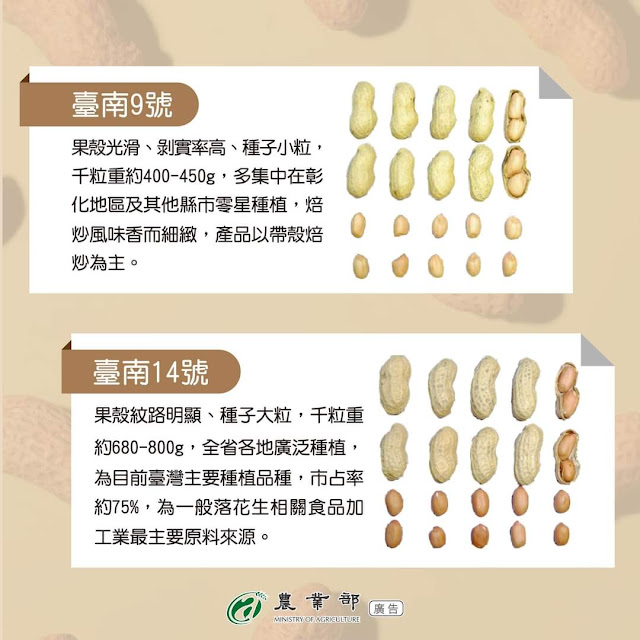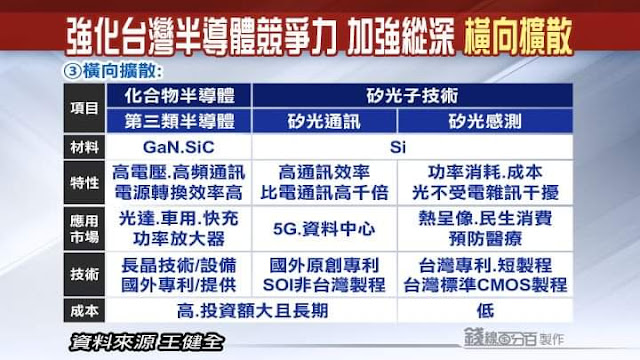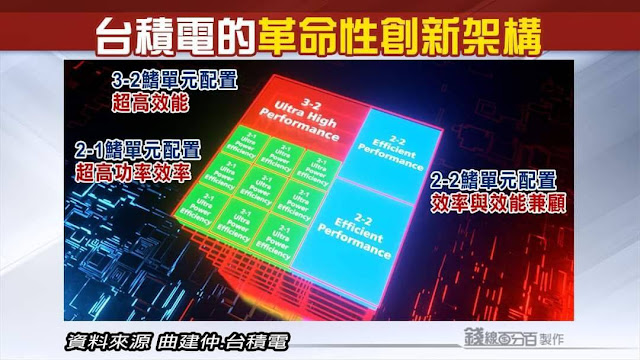2024年10月29日 星期二
2024年10月27日 星期日
堅果
一、堅果
二、芝麻
芝麻(胡麻)雖小,卻有料理加分的點綴效果
芝麻依不同品種
有白、黃、褐、灰、黑等種皮顏色
而國產胡麻則以黑色種皮的臺南1號為主
因籽實含油量高且香濃味美
常加工為各類油品或加工品
黑芝麻更是很棒的高鈣食物
一起來認識芝麻加工後的不同模樣吧🔍
✅黑麻油
氣味醇厚、呈深褐色
將胡麻種子以溫度180℃以上焙炒後榨油製成
可用於煎、炒、煮,適合搭配食補料理🐓
✅胡麻清油
氣味清香、呈金黃色
將胡麻種子以溫度120~160℃焙炒後榨油製成
適合取代橄欖油用於煎、炒、煮、涼拌等使用
✅香油
主要由胡麻油其他油脂調和而成
可用於烹飪、沾食、調拌沙拉
主要為提香使用🥗
✅胡麻醬
將芝麻焙炒後磨成泥使用
白芝麻醬適合搭配拌麵、涼拌或沙拉
黑芝麻醬適合搭配拌麵、甜點及麵包
香醇濃郁,別具風味🍝
三、花生
2024年10月23日 星期三
國票證券理財e管家APP查詢海外債庫存
國票證券理財e管家APP開啟後,點選左上方功能表之複委託帳務。
單帳號購買力查詢
海外債庫存損益
境外結構型商品庫存損益
如果是電腦版,可在WEB下單開啟後,點選左轉的帳務->債券及結構型庫存。
還有紅財神下單系統,點選上方的複委託->綜合帳務。
訂閱:
文章 (Atom)










































































































.jpg)















